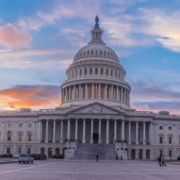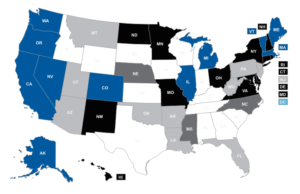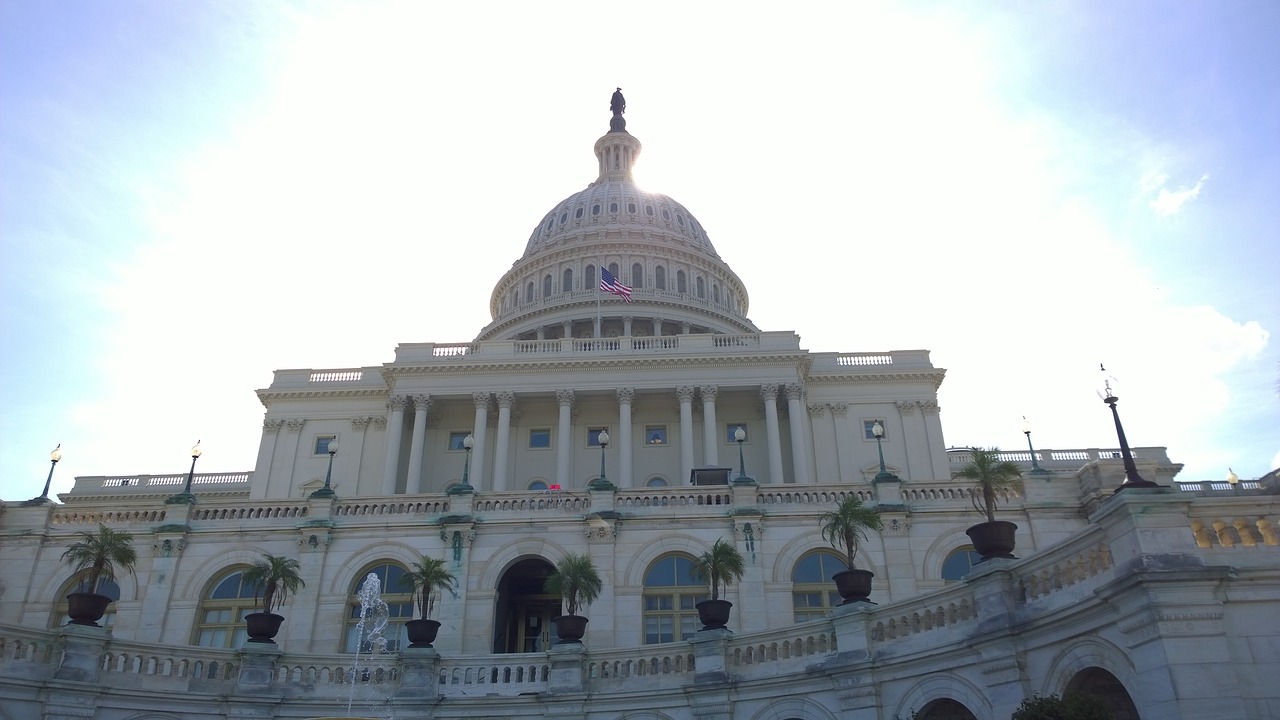Colorado Legislature Gives Final Approval to Bill Aimed at Streamlining Marijuana Regulations
The Colorado General Assembly gave final approval Wednesday to a bipartisan bill aimed at streamlining the state’s marijuana regulations. It is now headed to Gov. Jared Polis for his signature.
SB24-76 was sponsored by Sens. Kevin Van Winkle (R) and Julie Gonzales (D) in the Senate and Rep. William Lindstedt (D) in the House.
In summary, the legislation:
- Allows licensed cannabis operators to export and import genetic material to and from authorized individuals or entities in other states or countries.
- Beginning in 2026, a unified application process will be allowed so that cannabis operators with multiple licenses do not need to complete multiple applications.
- Allows cannabis business licensees to renew their licenses every two years rather than every year. Local governments can continue to require annual renewals.
- Allows cannabis retail stores to sell non-marijuana consumable products, such as food and beverages, if those sales account for no more of 20% of their revenue.
- Removes the requirement that all controlling beneficial owners be MED badged. Only those owners with direct access to cannabis must be badged.
- Beginning in 2027, the MED can create rules that do not require the use of radio frequency identification technology (RFID tags) to track regulated marijuana.
- Allows licensed operators to transfer cannabis for the purpose of decontamination without triggering the excise tax on wholesale transfers.
- Includes provisions regarding cannabis testing, remediation, and labeling of remediated products.
- Allows marijuana businesses located in state-designated enterprise zones to apply for the same tax credit afforded to other legal businesses.
The bill also includes a couple provisions related to the distribution and display of educational resources.
Statement from Chuck Smith, president of the board of directors for Colorado Leads, which supported SB24-76:
“We applaud state lawmakers for taking action to streamline marijuana regulations. As the first state to legalize and regulate cannabis, Colorado established a number of rules that were perceived as necessary then, but which we now know are unnecessary and overly burdensome. This legislation is an important step toward a more sensible and evidence-based system that not only protects public safety, but also allows for economic growth and opportunities.
The regulated cannabis industry has created tens of thousands of jobs and generated billions of dollars in tax revenue for Colorado. The economic benefits associated with legal marijuana have recently slowed due to several challenges, many of which are rooted in the laws and regulations that govern it. We appreciate Colorado lawmakers and regulators making it a priority to start chipping away at some of our state’s more arbitrary and problematic policies. There is still more work to be done, and we look forward to continuing this conversation with policymakers, the MED, and other stakeholders.”
About Colorado Leads
Colorado Leads is an alliance of cannabis business leaders created to educate the public and policymakers about the importance of a vibrant safe and sensibly regulated cannabis industry and its economic contributions. It comprises licensed operators and ancillary businesses that recognize a sustainable cannabis business climate and responsible cannabis industry are critical to the state’s economy and the wellbeing of local communities. For more information, visit https://coleads.org.








 The Democrats won the presidency and narrowly retained the U.S. House. Control of the U.S. Senate will be determined in a January runoff. The President still won’t concede or start a transition process.
The Democrats won the presidency and narrowly retained the U.S. House. Control of the U.S. Senate will be determined in a January runoff. The President still won’t concede or start a transition process.




 There are only 13 days left until the election. We’re hard pressed to find anyone who says 2020 has been a good year, but perhaps the last couple of months are shaping up to deliver
There are only 13 days left until the election. We’re hard pressed to find anyone who says 2020 has been a good year, but perhaps the last couple of months are shaping up to deliver  AT THE FEDERAL LEVEL, there is hope that the 83-year prohibition on cannabis is nearing its end – if the Democrats win the White House, retain the House of Representatives and take control of the Senate.
AT THE FEDERAL LEVEL, there is hope that the 83-year prohibition on cannabis is nearing its end – if the Democrats win the White House, retain the House of Representatives and take control of the Senate.
